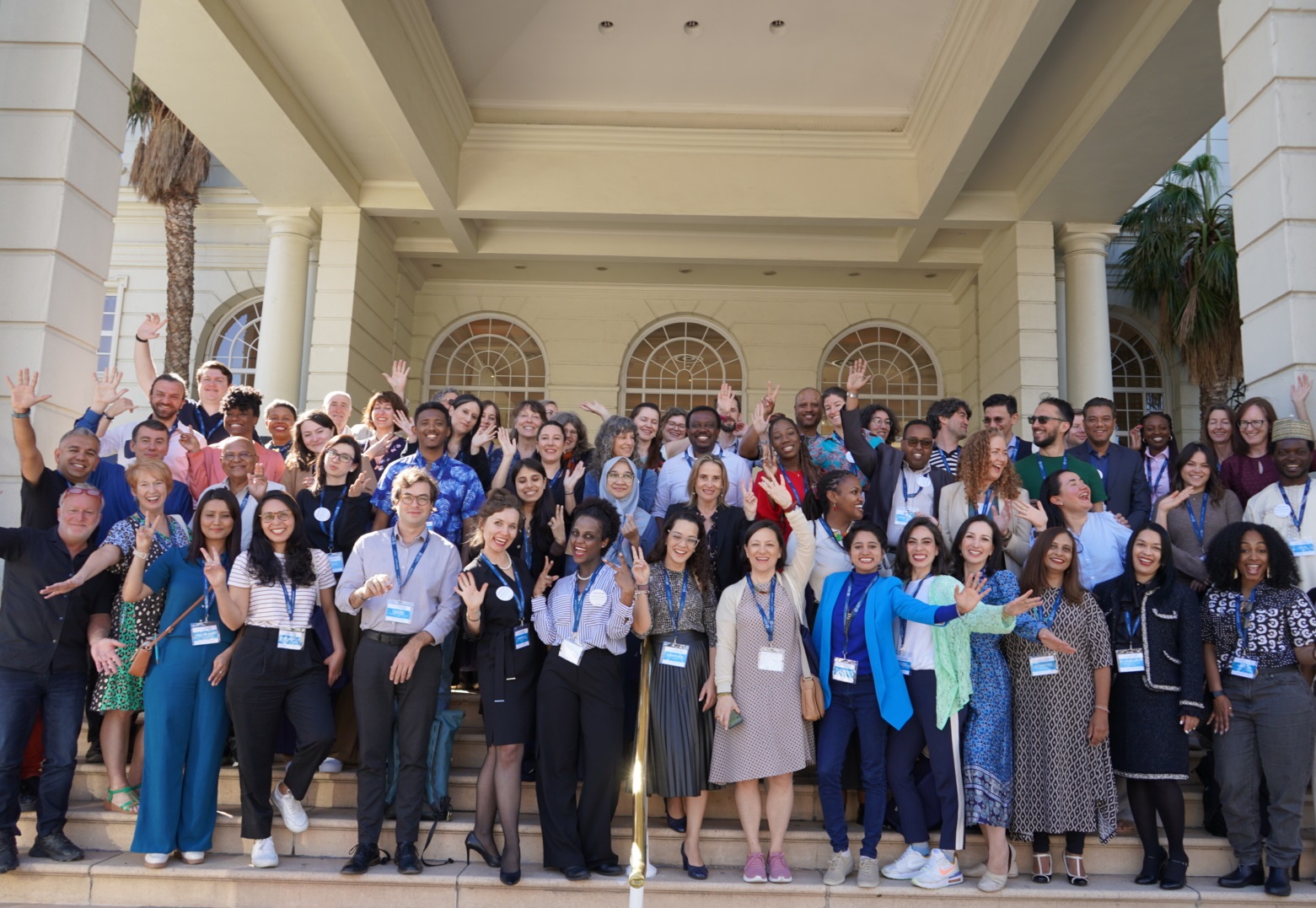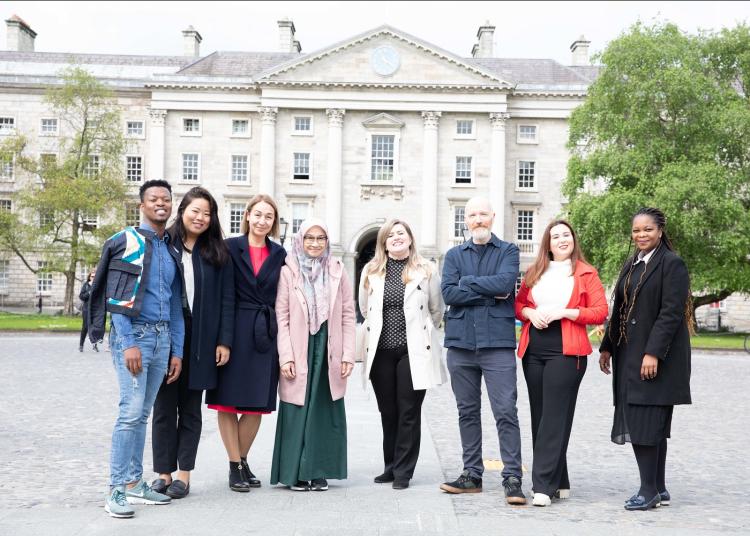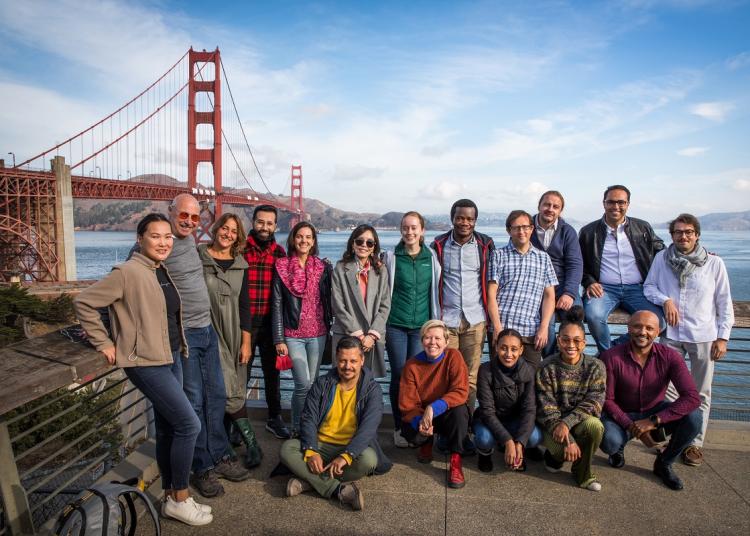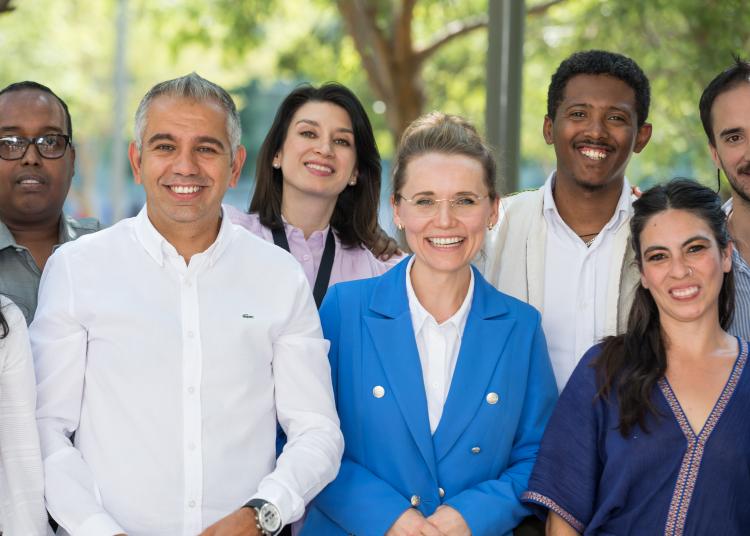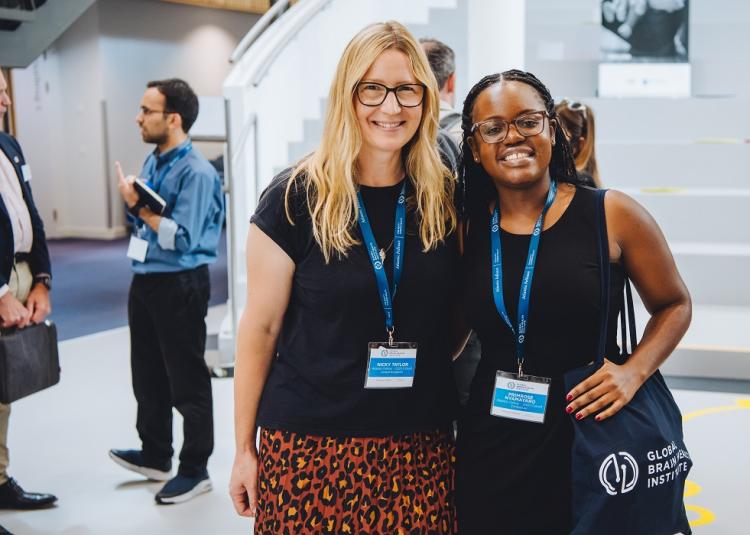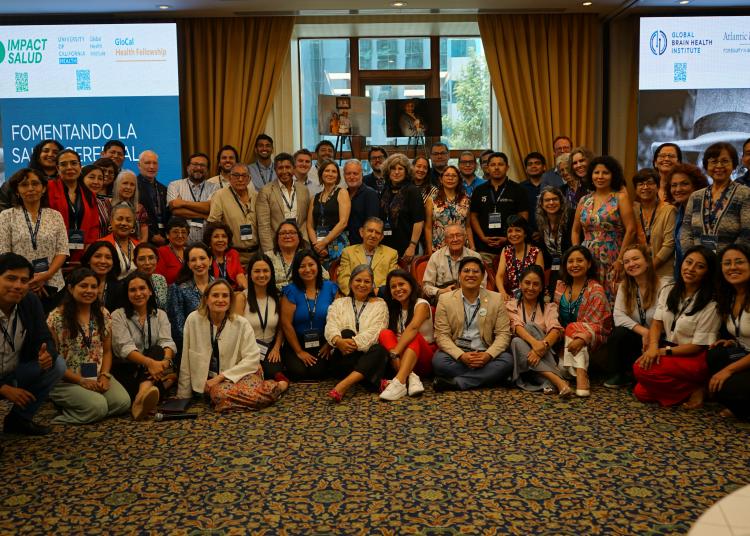Application Process
Applications are competitively reviewed and select applicants will be invited to interview. Interviews are by invitation only. All applicants are notified of their interview status by email.
Applications Open Mid-2025.
- Online application
- Resume or curriculum vitae
- Statements of Purpose: Applicants will be required to write thoughtful and succinct responses related to their interest in the program and future goals.
- Two letters of support:
- Letters are required to demonstrate regional commitment to an applicant's success. We are looking for applicants who demonstrate leadership potential and have a support network beyond the Global Brain Health Institute. Specifically, GBHI seeks applicants with robust support networks committed to the future career and ambition of the applicant upon return to the Atlantic Fellow’s home community. These support networks may include current and past partners, institutions, organizations, employers and groups.
- Therefore, at least one letter of reference should be from a current employer, institution, organization or group you have engaged with previously. We expect this letter to articulate support for the application and specifically address the applicant’s leadership potential. In addition, these letters should demonstrate a long-term commitment to supporting the applicant and their work after completion of the Atlantic Fellows for Equity in Brain Health program.
IMPORTANT NOTE: Applicants are advised to request letters of support from their letter writers early. Applicants are responsible for contacting their preferred letter writers directly and must confirm:
- They are willing to write a letter and can submit it online by the noted deadline.
- Their correct email address which is required for this application form.
- They understand the Letters of Support: Guidelines for Writers.
Letter writers will receive an automated email with a link to submit their letter after applicants submit their application.
Applications will be considered incomplete unless all required materials have been submitted.
Each application component is important and evaluated thoroughly.
The program is conducted in English. Applications must be submitted in English.
After interviews have concluded, selected applicants will be required to submit official transcripts for further evaluation. Detailed instructions will be provided at that stage of the application process.

